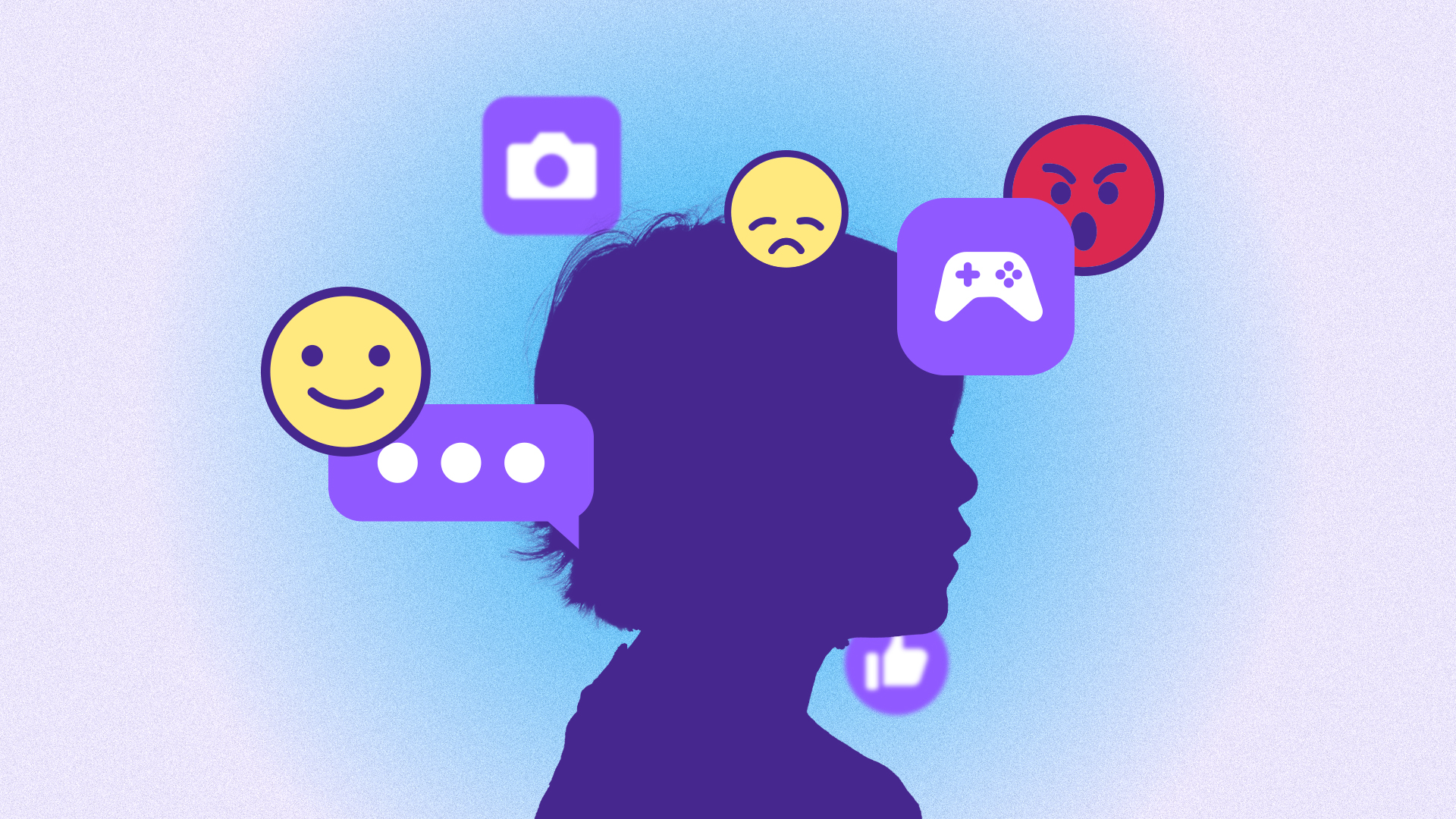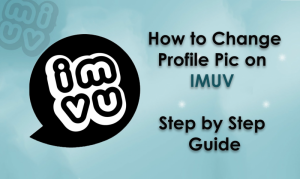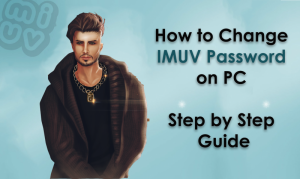- Home
- The Profound Influence of Social Media on Mental Health and Well-being
The Profound Influence of Social Media on Mental Health and Well-being
Platforms for social media have rapidly grown pervasive in our lives, fundamentally altering how we communicate, exchange information, and take in knowledge. Even though social media has many advantages, there is a rising worry regarding its effect on people's mental health and overall well-being.
This article looks at the complicated connection between the use of social media and one's mental health, analyzing its advantages and drawbacks. If we better grasp social media's influence on our health, we can navigate social media platforms more mindfully and encourage a healthy digital lifestyle.
The Positive Effects of Social Media
The use of social media may improve social relationships, make communication easier, and give users a greater feeling of belonging. It allows people to maintain ties with friends and family, even when such interactions are physically separated by distance. In addition, social media may serve as a forum for exchanging personal experiences, promoting creative endeavors, and disseminating information on significant societal issues.
People struggling with mental health may have access to helpful tools and assistance from online support networks and organizations advocating for mental health issues. In addition, social media platforms have the potential to serve as a wellspring of ideas, impulses, and positive reinforcements.
Comparison and Self-Esteem
The inclination for users of social media platforms to engage in social comparison is one of the most obvious negative impacts of these platforms. Seeing depictions of other people's life that have been meticulously managed and edited might give one a mistaken sense of self-worth and emotions of inadequacy and jealousy.
The persistent presentation of idealized pictures and ways of life may harm one's sense of self-worth and lead to the fear of missing out (FOMO). People need to be aware that the reality shown on social media is often distorted and exaggerated due to filters.
Cyberbullying and Online Harassment
Platforms for social media may sometimes become fertile ground for instances of cyberbullying and other types of online abuse. Individuals may feel more emboldened to participate in harmful behaviors because of the anonymity and distance given by online platforms. This might result in psychological suffering for those who are victimized.
Cyberbullying may have serious repercussions for a person's mental health, including higher rates of sadness and anxiety and even suicidal thoughts in extreme cases. Due to the widespread nature of cyberbullying, there is a pressing need for heightened awareness, effective moderation strategies, and the development of safer online environments.
Fear of Missing Out (FOMO) and Digital Detox
Fear of missing out (also known as FOMO) may worsen by continual exposure to highlight reels of other people's lives on social media. Anxiety and tension may be caused by the fear of being excluded from something or of failing to live up to the expectations established by other people.
Taking purposeful breaks from social media as part of a digital detox may assist people in regaining a healthy connection with technology, reduce fear of missing out, and improve their general well-being. A more conscious and balanced approach to using social media may be achieved by emphasizing face-to-face contact, limiting the time spent in front of a screen, and establishing boundaries.
Social Media and Mental Health Support
Even while people's mental health may suffer due to using social media, this online platform also can improve people's overall well-being. Helplines, peer support groups, and online forums for mental health all offer readily available options for those who are seeking assistance or who are going through difficulties related to their mental health.
The many social media platforms have the potential to fulfill the role of venues for the de-stigmatization of mental health, the development of awareness, and the promotion of good discourse. The use of social media by mental health practitioners and organizations allows for disseminating information supported by evidence, offering support, and linking people with relevant resources.
Conclusion
There are both good and bad consequences that social media may have on one's mental health and overall well-being, making the influence of these platforms quite complicated. Social media platforms, even though they provide chances for connection, inspiration, and support, may also lead to poor self-esteem, social comparison, and cyberbullying.
It is essential for people to cultivate self-awareness, set up appropriate boundaries, and participate in digital well-being practices. We can make the most of the advantages of social media while reducing the potential damage it may do if we encourage a more attentive and balanced approach to using it. This will result in a healthier digital environment that benefits our mental health and overall well-being.



.png)

What other's say about : How ThePhone thriller..